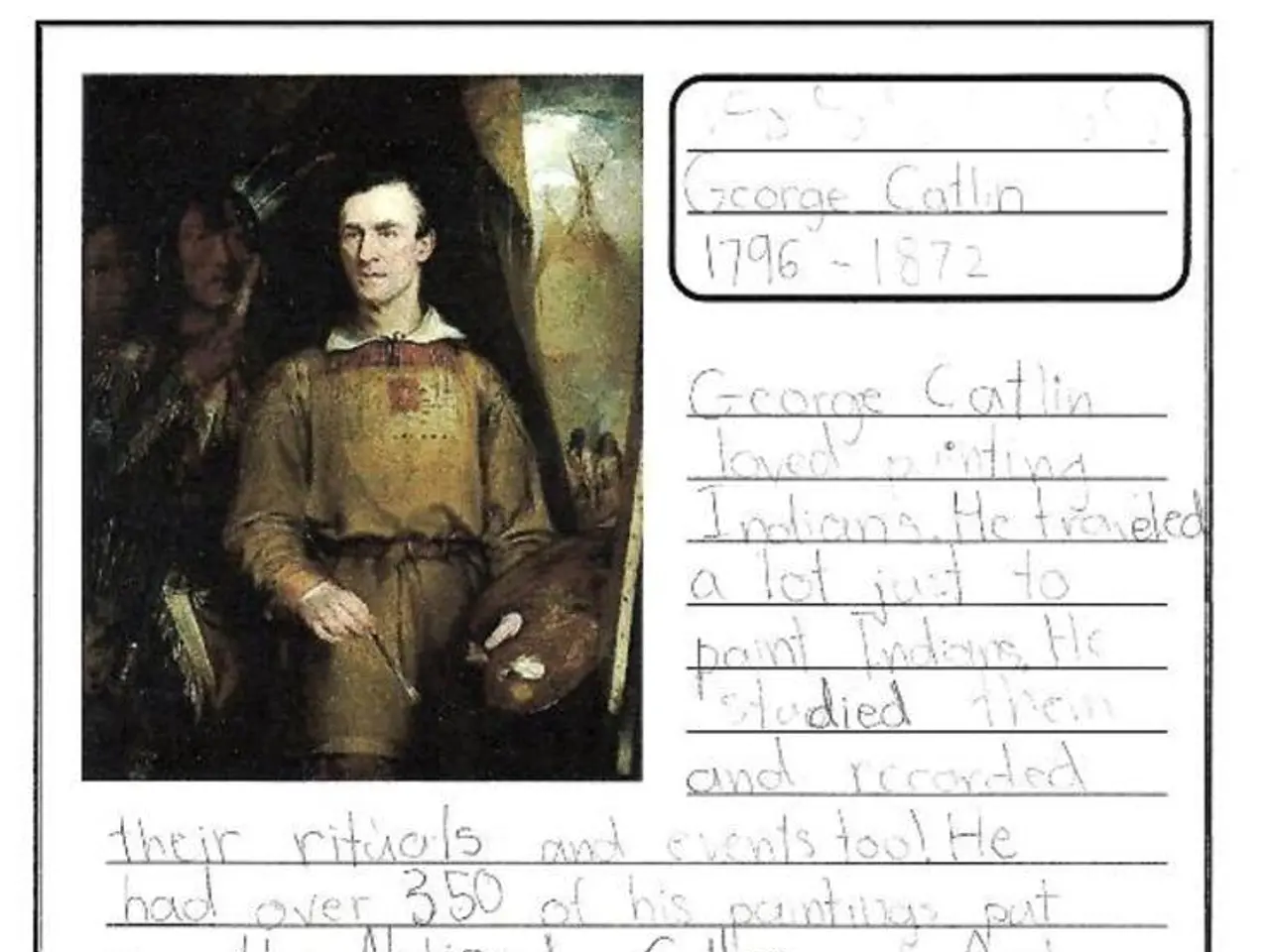Elders' Contribution to Maintaining Cultural Heritage
In a world where traditions and cultural identities are increasingly threatened, the role of elders becomes even more crucial. These respected members of various communities serve as the guardians of tradition, history, spiritual wisdom, and traditional practices, ensuring that the rich tapestry of cultural heritage is preserved for future generations.
Elders, often the repositories of family and community histories, ancestral stories, rituals, and cultural knowledge, play a pivotal role in defining a group's identity. They ensure that younger generations learn the roots and meanings of their customs, festivals, and ceremonies, providing a sense of continuity amidst changing times and external influences.
In many Indigenous and traditional cultures, elders are not just teachers but also spiritual leaders and advisors. During important ceremonies like the Indigenous Sundance or Native American Pow Wows, elders oversee rituals, guide participants, and maintain the sacredness and authenticity of cultural expressions such as dance, song, and body art.
Beyond knowledge transmission, elders contribute to the social fabric and well-being of communities, linking past wisdom to present challenges and future sustainability. They provide comfort and reassurance during times of crisis, offering wisdom born from life experiences.
In an increasingly globalized world where minority languages are at risk of extinction, elders help preserve cultural identity by passing on language and traditional skills. Women elders, in particular, play pivotal roles in rites of passage, such as those associated with birth, marriage, and womanhood.
Genealogy is another critical area where elders contribute significantly, providing a sense of identity and belonging. By recording oral histories and traditional practices, efforts can be made to safeguard this invaluable knowledge for future generations.
However, social changes, such as urbanization and modernization, can lead to a disconnect from cultural traditions and reduced interaction with elders. Encouraging younger people to engage with elders through community programs and cultural initiatives can foster mutual understanding and respect. Learning about one's ancestors through the guidance of elders can inspire younger generations to appreciate their heritage and preserve it.
The fast pace of modern life can sideline the slower, more reflective processes traditionally associated with learning from elders. Yet, the understanding fostered by elders' stories fosters a sense of belonging and identity, which is crucial for the survival of any culture.
Elders serve as custodians of oral traditions in many cultures, preserving stories, myths, and histories. Women elders, in particular, serve as storytellers, preserving family history through tales centered on women's experiences. Their spiritual wisdom provides comfort and reassurance during times of crisis.
In conclusion, elders are indispensable in preserving cultural heritage by embodying, safeguarding, and imparting the traditions, spiritual values, and histories that define communities around the world. Their wisdom and leadership ensure that cultural identity is honored and carried forward with respect and authenticity for future generations.
- Elders, as repositories of family history and cultural knowledge, not only educate younger generations about their roots and lifestyles but also preserve heritage through the evocation of stories and spiritual wisdom.
- By embracing sustainable living, integrating home-and-garden practices from their ancestors, and maintaining traditions, elders contribute to fostering a sense of identity with the environment, thereby promoting a future where cultural heritage thrives and is passed on.




